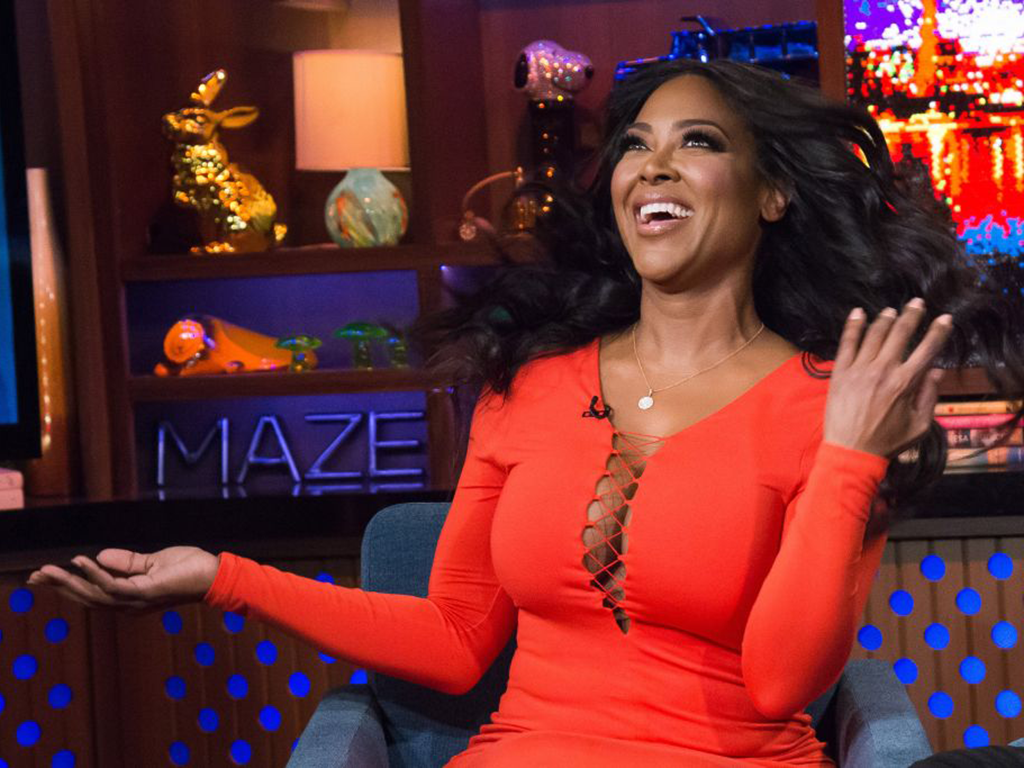
Amidst the global Black Lives Matter movement, it is imperative that we continue our anti-racist work both on and offline. While there’s been much discussion these past few months about the damaging effects of racist microaggressions IRL, few have touched how covert racism manifests online for a digital-first generation that considers themselves “woke.”
One such manifestation is the all-too-common digital blackface— a seemingly harmless aspect of internet culture masked in humour.
So, what is digital blackface?
Contrary to popular belief, digital blackface has nothing to do with using filters to make your skin look more “tanned” for the ‘gram. (That’s called blackfishing, which is also a form of online racism, FYI.)
Dr. Aaron Nyer of the United States Studies Centre describes digital blackface as “the act of producing, posting or circulating ‘black reaction gifs’ online and especially on social media threads.” It refers to non-Black social media users taking on Black identities to convey their thoughts, emotions, or opinions, often for comedic effect.
Basically, if you’ve shared, liked or laughed at a black reaction GIF, you’ve participated in digital blackface.

Why are Black reaction GIFs bad?
Digital blackface is blackface minstrel reimagined in cyberspace.
Dating back to the early 1800s, blackface minstrel was (and still is) a staple in performance art. It involved white performers “blackening” themselves with makeup, costumes, and mannerisms to play Black caricatures.
“The performances put society’s most racist sensibilities on display and in turn fed them back to audiences to intensify these feelings and disperse them across culture,” writes Lauren Michele Jackson for Teen Vogue. “The tenets of minstrel performance remain alive today in television, movies, music and, in its most advanced iteration, on the Internet.”
Black reaction GIFs reinforce racists stereotypes of Black people—mostly women— by painting them as exaggerated, excessive one-dimensional caricatures. Think: the sassy Black woman, the angry Black woman, or the “extra” Black woman.

In reducing Black people to racist stereotypes, non-Black users can use Black likeness when it suits their online discourse while maintaining their white privilege and identity. It allows white people to benefit from Black culture while opting out of the prejudice associated with said culture.
“It’s superfun to ‘play black’ when you know that you can instantly step back into being non-black, avoiding the stigma, danger and burdens of reduced social capital that real black people often endure,” Shafiqah Hudson told The Guardian. Hudson is a Philadelphia-based academic who first noted digital blackface in the early 2000s. “So while it may not be the stated intention of the folks who participate in digital blackface, it is anti-black racism that makes it possible for them.”
Should we stop sharing Black reaction GIFs?
Yes and no.
Black reaction GIFs may seem harmless to some, but reinforcing these stereotypes perpetuates a lack of empathy for the Black community, particularly for those who may not be frequently exposed to BIPOC.
“If the most common image a non-Black person has of a Black person presents that person as humorous and nothing else, anger on a Black person then becomes more extreme,” explains writer Naomi Day. “Sadness becomes more extreme; even joy becomes more extreme. Having access to these portrayals may make a non-Black person feel as though they ‘know’ Black people, but using these in GIFs does nothing to actually increase anyone’s cultural understanding of Black folks.”

While this doesn’t mean we should stop sharing images of Black people altogether, context and intention matter.
Before posting, consider why you’re choosing to use a Black reaction GIF.
Is the humour based on a Black stereotype? Would your joke land the same if it was a white reaction GIF? Does the GIF contain aspects of Black culture, language, or likeness that could be offensive to BIPOC (especially knowing the person sharing it is white)? Would you do, say, or react like that IRL in front of a crowd?
Take it one step further and think about your own personal brand on social media. Would you want every person who came across your profile to judge you based on those drunk high school photos you’ve desperately tried to erase from your Facebook footprint? Do those photos tell your entire story? Do they encompass all of who you are?
The answer is likely no. You cannot be reduced to one photo posted online and neither can an entire culture of people.
Digital blackface is a powerful form of cyber-racism that helps dehumanise Black people, erase their history, and silence their voices. If we say that Black lives matter on the streets, in the workplace, and at-home with friends and family, then Black lives also need to matter online.


